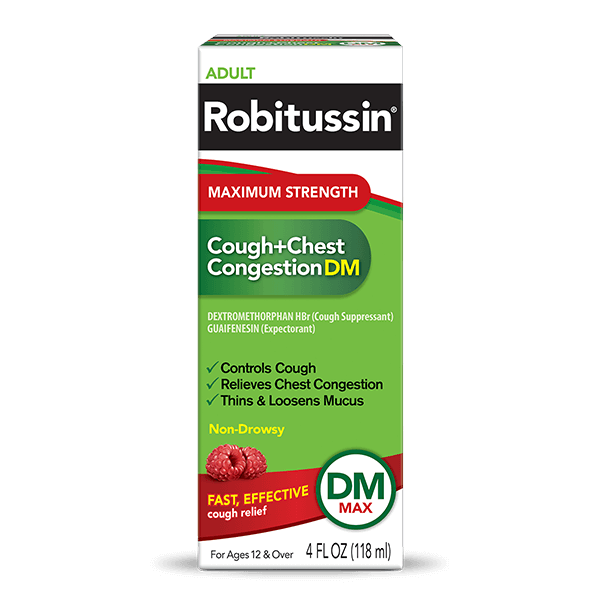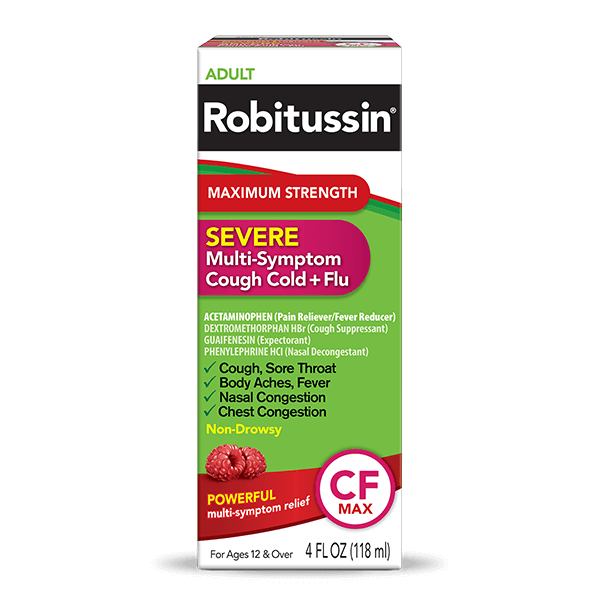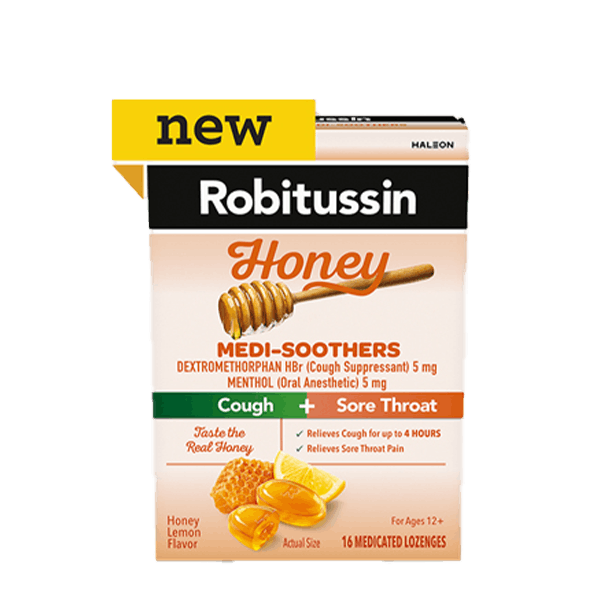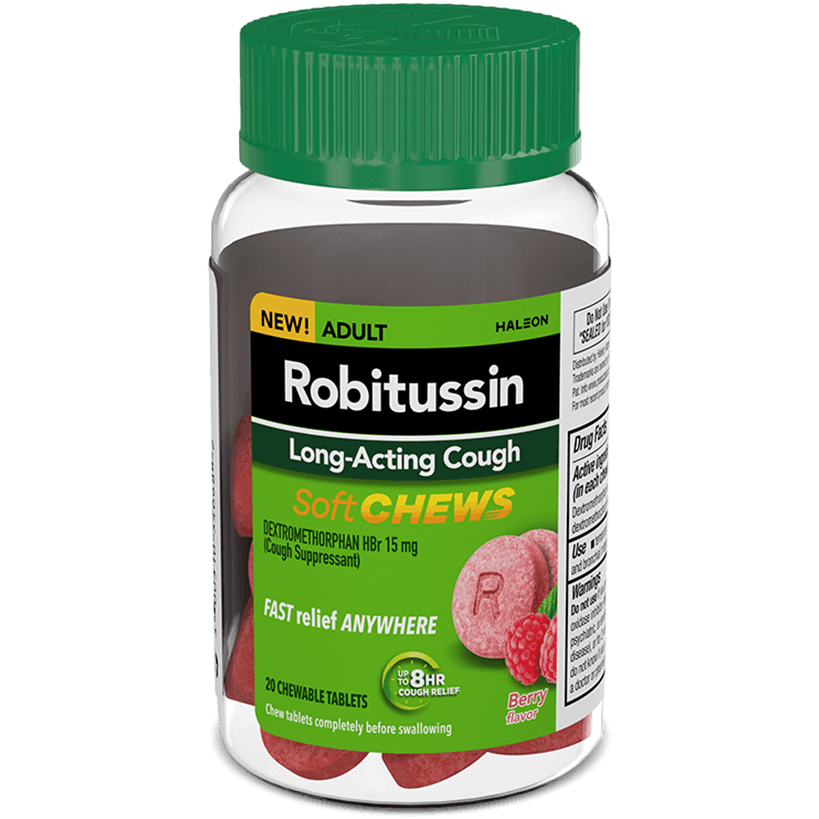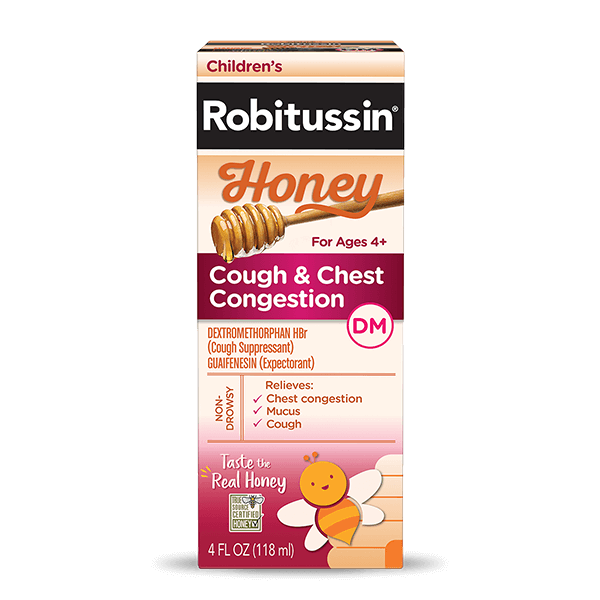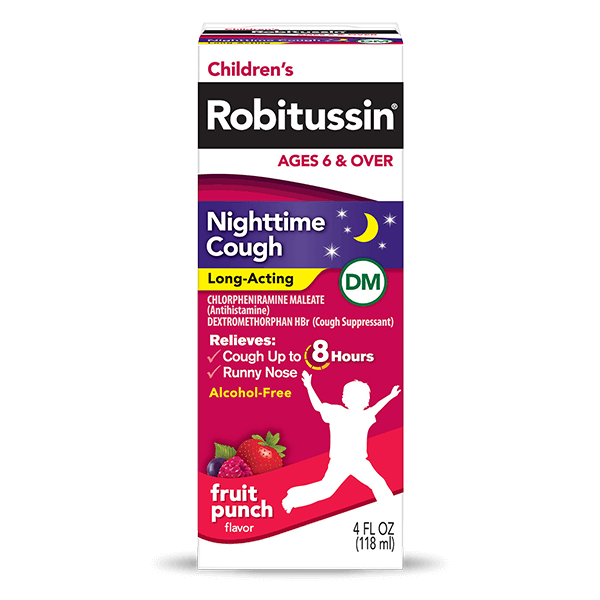Does a Humidifier Help with Congestion and Cough?
Dry air can be the cause of cracked lips and nosebleeds and can create an uncomfortable living environment.1 Using a humidifier may offer some relief during colder months or when you’re suffering from congestion and cough.
How does a Humidifier Work to Help with Cough and Congestion?
A humidifier is a device that increases moisture levels in the air by releasing water vapor or steam.1 A few different types of humidifiers are available, all which increase the humidity of their surrounding areas:1,2,3
- Central humidifiers are built into a home’s HVAC system and are designed to add moisture to the air of an entire house. This is the most expensive and effective option. If you live in a dry area, it may be a worthwhile addition to your home.
- Evaporators use a fan to blow air through a moistened absorbent material, like a wick, filter, or belt.
- Steam vaporizers are electric humidifiers that create steam to add moisture to the air. These vaporizers can be easily moved from room to room.
- Impeller humidifiers use a high-speed rotating disk to produce a cool mist that increases the humidity of the surrounding area.
- Ultrasonic humidifiers use ultrasonic sound vibrations to create a cool mist.
By setting up a humidifier, you can improve the indoor air quality of your home and improve your breathing.3 Dry air can dry out your nasal passages all the way down to your lungs, causing you to wake up with a dry mouth and an irritated throat.3 A cool-mist humidifier may help soothe cough and congestion symptoms.4,5 Moisture in the air can thin and loosen mucus, helping you to have more productive coughs and be less congested. 7
Tips for Using a Humidifier?
Using a humidifier correctly to help with cough and congestion. Moisture in the air may lead to an environment that’s favorable for dust mites, mold, and other microorganisms that can irritate airways.2,4 These tips for safely using humidifiers can keep your home at the right level of humidity, while limiting irritants in the air:1,2,3,4
Refresh the Water
A humidifier can use a gallon of water every day, but if it’s not actively being used, mold and bacteria can grow in the standing water. Change out the water often to avoid the growth of these microorganisms.
Use Distilled or Demineralized Water
Tap water contains minerals that create deposits on the inside of your humidifier and lead to the growth of bacteria, which are then dispersed into the air that you breathe. Distilled and demineralized water have less of these minerals.
Keep your Humidifier Clean
Clean your device every three days to prevent any film buildup or mineral deposits. Unplug your humidifier, disassemble it, and clean it with a hydrogen peroxide solution. Make sure you rinse the tank fully after each cleaning and check that it’s completely dry before reassembling.
Change Filters Regularly
Not all humidifiers have filters, but if yours has one, change it as often as the manufacturer recommends. You can also improve the air quality of your home by regularly changing the filters in your HVAC system or window unit air conditioners.
Use Caution with Steam Vaporizers
Keep steam vaporizers out of reach of children; steam and boiling water can cause burns.
Essential Oils in Humidifiers
While more research before definite conclusions can be drawn, early research suggests that essential oils can be used in the treatment of different respiratory diseases due to their antibacterial, antiviral, and anti-inflammatory properties.6 In one study, 24 adults suffering from a common cold were randomly assigned to inhale air with either steam or a mix of eucalyptus, camphor, and menthol essential oils. Of the adults who inhaled the essential oils, 14 reported improved spirometric parameters—which measure lung function—after an hour.6 In another study, vaporized essential oils of tea tree and eucalyptus were found to have strong antiviral effects against the Influenza A virus.6 While this is encouraging, more human research must be done before it can be safely recommended to add essential oils to humidifiers in order to help with respiratory tract diseases.
In addition to using a humidifier to help with cough and congestion, reach for the Robitussin Maximum Strength DM Day/Night Pack for relief of symptoms all day and all night.
Source Citations:
- Humidifiers: Ease skin, breathing symptoms. Mayo Clinic. https://www.mayoclinic.org/diseases-conditions/common-cold/in-depth/humidifiers/art-20048021. Accessed 5/11/2022.
- Use and Care of Home Humidifiers. Environmental Protection Agency. https://www.epa.gov/sites/default/files/2014-08/documents/humidifier_factsheet.pdf. Accessed 5/11/2022.
- Cleveland Clinic. https://health.clevelandclinic.org/how-you-can-tell-if-you-need-a-humidifier/. Accessed 5/11/2022.
- Humidifiers and indoor allergies. American Academy of Allergy, Asthma & Immunology. https://www.aaaai.org/tools-for-the-public/conditions-library/allergies/humidifiers-and-indoor-allergies. Accessed 5/11/2022.
- Warm-mist versus cool-mist humidifier: Which is better for a cold? Mayo Clinic. https://www.mayoclinic.org/diseases-conditions/common-cold/expert-answers/cool-mist-humidifiers/faq-20058199. Accessed 5/11/2022.
- Essential oils in the treatment of respiratory tract diseases highlighting their role in bacterial infections and their anti-inflammatory action: a review. National Library of Medicine. https://www.ncbi.nlm.nih.gov/pmc/articles/PMC7163989/. Accessed 5/24/2022.
- Humidifiers and Health. Medline Plus. https://medlineplus.gov/ency/article/002104.htm. Accessed 7/25/22.
- **True Source Honey is ethically and transparently sourced. Click here to learn more
- ^Read more about our non-GMO standard. here
- ⚬This product contains the active ingredients Dextromethorphan.
- **This product contains the active ingredients Dextromethorphan and Guaifenesin.
- *These statements have not been evaluated by the Food and Drug Administration. This product is not intended to diagnose, treat, cure or prevent any disease.
- Use as Directed.
